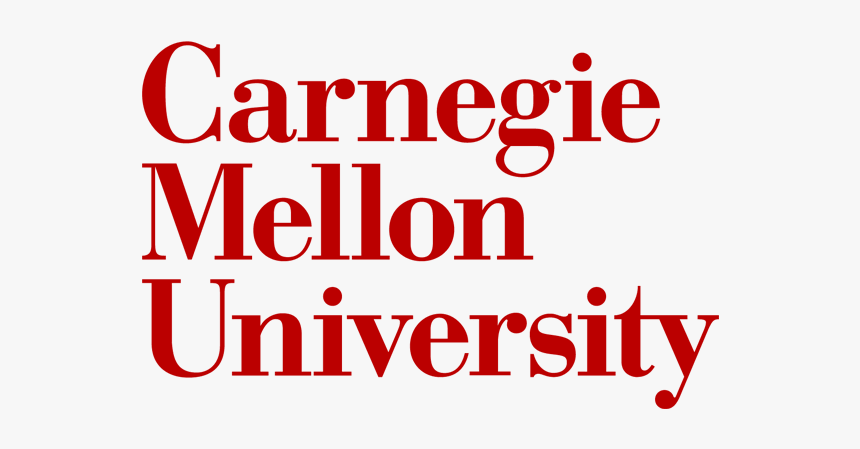Carnegie Mellon University: Bruchez and Pileggi Named National Academy of Inventors Fellows
Carnegie Mellon University faculty Marcel Bruchez and Larry Pileggi have been elected as Fellows of the National Academy of Inventors (NAI).
The NAI Fellows Program highlights academic inventors who have demonstrated a spirit of innovation in creating or facilitating outstanding inventions that have made a tangible impact on quality of life, economic development and the welfare of society. Election to NAI Fellow is the highest professional distinction accorded solely to academic inventors. To date, NAI Fellows hold more than 48,000 issued U.S. patents, which have generated over 13,000 licensed technologies and companies, and created more than one million jobs. In addition, over $3 trillion in revenue has been generated based on NAI Fellow discoveries.
Bruchez, professor in the Departments of Biological Sciences and Chemistry and director of the Molecular Biosensor and Imaging Center at CMU’s Mellon College of Science, is well-known for inventing a suite of nanotechnology tools, which include fluorescent dyes, probes and optical tools, that allow for the dynamic imaging of living cells at the molecular level. The tools developed by Bruchez have allowed researchers worldwide to investigate how cells and proteins change and interact in vivo and in real time.
Bruchez is currently the founder and chief technology officer of Sharp Therapeutics (formerly Sharp Edge Labs), which provides technologies for the discovery of small molecules that can restore activity of disease-mutant proteins and can be used to develop new treatments for genetic disease. In 1998, he co-founded Quantum Dot, to market modified quantum dot technology for biological applications. The technology was based on Bruchez’s graduate work at the University of California Berkeley.
Bruchez holds 34 U.S. patents and has three U.S. patents pending.
Pileggi is the Tanoto Professor of Electrical and Computer Engineering. His research interests include all aspects of modeling, design and design methodologies for integrated systems, and modeling, simulation and optimization of electrical power systems.
Pileggi received his Ph.D. in electrical and computer engineering from CMU in 1989. He has consulted for various semiconductor and EDA companies, and he was a co-founder of Fabbrix, Extreme DA and Pearl Street Technologies. Pileggi has previously held positions at Westinghouse Research and Development and the University of Texas at Austin.
An accomplished researcher, he has received the following awards: Westinghouse corporation’s highest engineering achievement award; a Presidential Young Investigator award from the National Science Foundation; Semiconductor Research Corporation (SRC) Technical Excellence Awards in 1991 and 1999; the FCRP inaugural Richard A. Newton GSRC Industrial Impact Award; the 2008 SRC Aristotle award; the 2010 IEEE Circuits and Systems Society Mac Van Valkenburg Award; the 2011 ACM/IEEE A. Richard Newton Technical Impact Award in Electronic Design Automation; the 2013 Carnegie Institute of Technology B.R. Teare Teaching Award; and the 2015 Semiconductor Industry Association (SIA) University Researcher Award. He is a co-author of “Electronic Circuit and System Simulation Methods,” McGraw-Hill, 1995 and “IC Interconnect Analysis,” Kluwer, 2002. He has published over 400 conference and journal papers and holds 40 U.S. patents. He is a fellow of IEEE.
The 2021 Fellow class hails from 116 research universities and governmental and nonprofit research institutes worldwide. They collectively hold over 4,800 issued U.S. patents. Among the new class of Fellows are 33 members of the National Academies of Sciences, Engineering, and Medicine, and three Nobel Laureates, as well as other honors and distinctions. Their collective body of research and entrepreneurship covers a broad range of scientific disciplines involved with technology transfer of their inventions for the benefit of society.
This year’s class also reflects NAI’s dedicated efforts to promote diversity and inclusion in its membership, with the addition of three outstanding academic female Black inventors. The 2021 new Fellows will be inducted at the Fellows Induction Ceremony at the 11th Annual Meeting of the National Academy of Inventors this upcoming June in Phoenix, Arizona.

